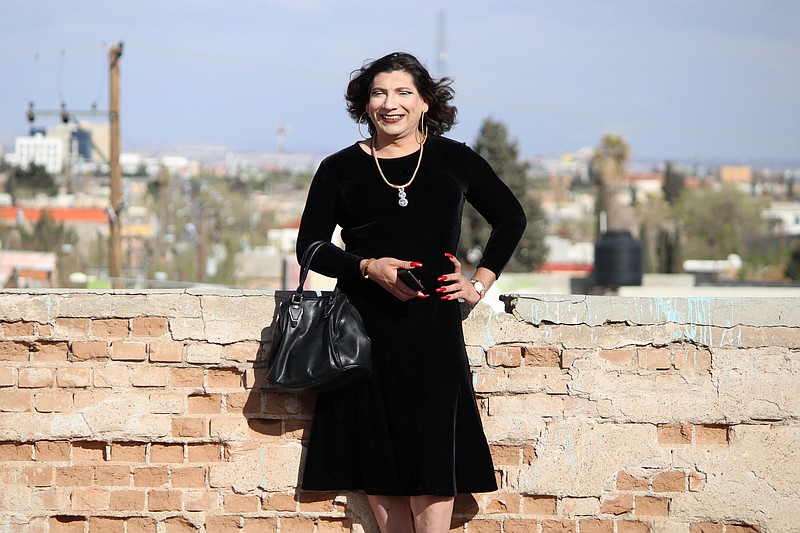SAN DIEGO -- The Biden administration has quietly tasked six humanitarian groups with recommending which migrants should be allowed into the United States to pursue asylum as it faces mounting pressure to lift public health rules that have barred people from seeking protection.
The consortium of groups is determining who is most vulnerable out of those waiting in Mexico to get into the U.S., but the criteria they are using has not been made public. It comes as large numbers of migrants are crossing the southern border and the government has been rapidly expelling them from the country under a public health order instituted by former President Donald Trump and kept in place by President Joe Biden during the coronavirus pandemic.
Several members of the consortium revealed details about the new system to The Associated Press. The government is aiming to admit up to 250 asylum-seekers a day who are referred by the groups, agreeing to that system only until July 31. By then, the consortium hopes the Biden administration will have lifted the public health rules, though the government has not committed to that.
So far, nearly 800 asylum-seekers have been let into the country since May 3, and members of the consortium say there is already more demand than they can meet.
[Video not showing up above? Click here to watch » https://www.youtube.com/watch?v=z2CyaJRK9VE]
The groups have not been publicly identified except for the International Rescue Committee, a global relief organization. The others are London-based Save the Children; two U.S.-based organizations, HIAS (the Hebrew Immigrant Aid Society) and Kids in Need of Defense; and two Mexico-based organizations, Asylum Access and the Institute for Women in Migration, according to two people with direct knowledge who spoke on condition of anonymity because the information was not intended for public release.
Asylum Access, which provides services to people seeing asylum in Mexico, characterized its role as minimal.
The effort started at the border in El Paso, Texas, and is expanding to Nogales, Ariz.
A similar but separate system led by the American Civil Liberties Union began in late March and allows 35 families a day into the U.S. at places along the border. It has no end date.
The twin tracks are described by participating organizations as an imperfect transition from so-called Title 42 authority, named for a section of an obscure 1944 public health law that Trump used in March 2020 to effectively end asylum at the Mexican border. With covid-19 vaccination rates rising, Biden is finding it difficult to justify the expulsions on public health grounds and faces demands to end it from the U.N. refugee agency and members of his own party and administration.
The Department of Homeland Security said in a statement that it's in "close coordination with international and nongovernmental organizations in Mexico" to identify vulnerable people, and that it has the final say on who gets in. The agency described its work with the groups as fluid and said it hasn't identified them to avoid giving them exposure.
Some consortium members are concerned that their offices in Mexico could be mobbed by asylum-seekers, overwhelming their tiny staffs and exposing them to potential threats and physical attacks from extortionists and other criminals.
Critics of the new selection processes say too much power is vested in a small number of organizations and that the efforts are secretive without a clear explanation of how the groups were chosen. Critics also say there are no assurances that the most vulnerable or deserving migrants will be chosen to seek asylum.
The consortium was formed after the U.S. government asked the U.N. High Commissioner for Refugees' office in Mexico for the names of organizations with deep experience and capacity in Mexico, said Sibylla Brodzinsky, a U.N. office spokeswoman.
"We've had long relationships with them and they're trusted partners," she said.



